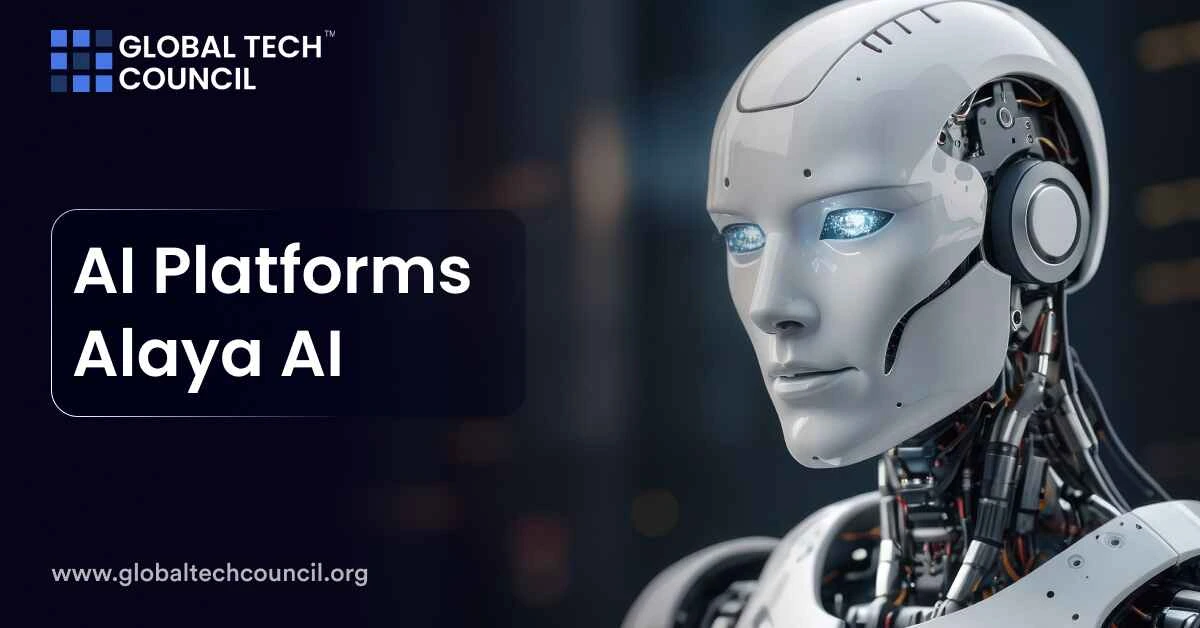
What Is the AI Platform Alaya AI?
Alaya AI is a cloud-based platform that integrates Blockchain and AI. It enhances AI development by offering robust tools for data collection, labeling, and distribution. It caters to businesses, researchers, and AI developers by providing high-quality datasets essential for training AI models. By making diverse and reliable datasets readily available, Alaya AI plays a crucial role in overcoming the challenge of acquiring quality data for AI applications.
How Does Alaya AI Work?
Alaya AI operates through several key layers and features:
Interaction Layer:
- Users interact with the platform, contributing and labeling data.
- Gamified experiences and Web3 incentives, like ALA tokens, motivate users to participate.
Optimization Layer:
- Data is processed and optimized for use in AI models.
- This layer ensures the data is high quality and ready for training AI systems.
Intelligent Modeling Layer:
- This is where the actual AI model training and deployment happen.
- The platform uses swarm intelligence principles to enhance model performance and efficiency.
Together these layers work together to achieve the following:
- Data Collection and Labeling: The platform allows for the collection of diverse data from various sources and its subsequent labeling. This process is supported by both automated algorithms and human expertise, ensuring that the data is not only extensive but also accurately annotated and ready for AI model training.
- Blockchain Integration: It uses Blockchain technology to secure data transactions, ensuring the privacy and ownership of data are maintained while also facilitating a fair system of rewards for data providers and consumers.
- Swarm Intelligence: By applying principles of swarm intelligence, Alaya AI efficiently manages data tasks among the community based on their skills and availability. This decentralized approach optimizes the process and improves the quality of the collected data.
- Social Commerce and Gamification: The platform encourages active participation through a system that integrates social media-like interaction and gamified experiences. This approach motivates the community by offering incentives like tokens and badges for contributions.
- Composable Platform Structure: Alaya AI supports custom data requests and provides flexibility in managing data needs through a composable structure that adapts to various requirements, including specific Web3 projects.
Can I Access Niche or Specialized Datasets on Alaya AI?
Yes, Alaya AI allows access to a wide range of specialized and niche datasets. Users can request custom data collection and labeling services, specifying their unique requirements. The platform’s decentralized model connects them with suitable data providers who can meet these needs. This ensures high-quality, tailored data for various AI applications across different industries.
What Types of Data Can Alaya AI Handle?
Alaya AI can handle a variety of data types, making it versatile for different AI applications. The platform supports:
- Text Data: This includes documents, articles, and other textual information.
- Image Data: Alaya AI can process and annotate images for training visual AI models.
- Audio Data: It handles audio recordings, which are essential for speech recognition and other audio-based AI applications.
- Video Data: Alaya AI also supports video data, allowing for the annotation and analysis of moving visuals.
By integrating data from these different sources, Alaya AI can create robust datasets that help in training more accurate and reliable AI models. This is particularly beneficial for real-world applications where data diversity is crucial for model performance.
How Does Alaya AI Ensure Data Quality?
Alaya AI ensures high data quality through a combination of automated systems and human oversight:
- Automated Quality Checks: The platform employs machine learning algorithms to detect and correct data anomalies, inconsistencies, and errors. These algorithms clean and transform data to ensure it is accurate and complete.
- Human Review: In addition to automated checks, Alaya AI uses human experts to curate and annotate the data, adding an extra layer of verification to maintain high standards.
- Decentralized Data Collection: Alaya AI’s distributed approach to data collection enhances quality by gathering data from diverse and real-world sources. This method reduces biases and ensures the data represents various scenarios.
- Built-in Data Validity Thresholds: The platform has specific thresholds to flag and manage data quality issues, ensuring only reliable data is used in AI training.
Is There a Cost Associated with Accessing Datasets on Alaya AI?
Access to Alaya AI’s datasets is generally not free. The platform is designed to aggregate and label diverse datasets for AI development, indicating a structured data access model that likely involves some costs for commercial users or developers. These costs can vary based on the dataset’s complexity, size, and the specific requirements of the user.
Cost of Alaya AI
Alaya AI operates on a token-based system where users can purchase and use “Data Credits” and tokens to access and exchange datasets. The tokens are used for various platform activities, including requesting data and compensating data providers. This dual-token system helps manage costs and provides flexibility for users. Additionally, some datasets or services might involve ongoing fees or require specific project-based payments, depending on the nature of the data and the provider’s requirements.